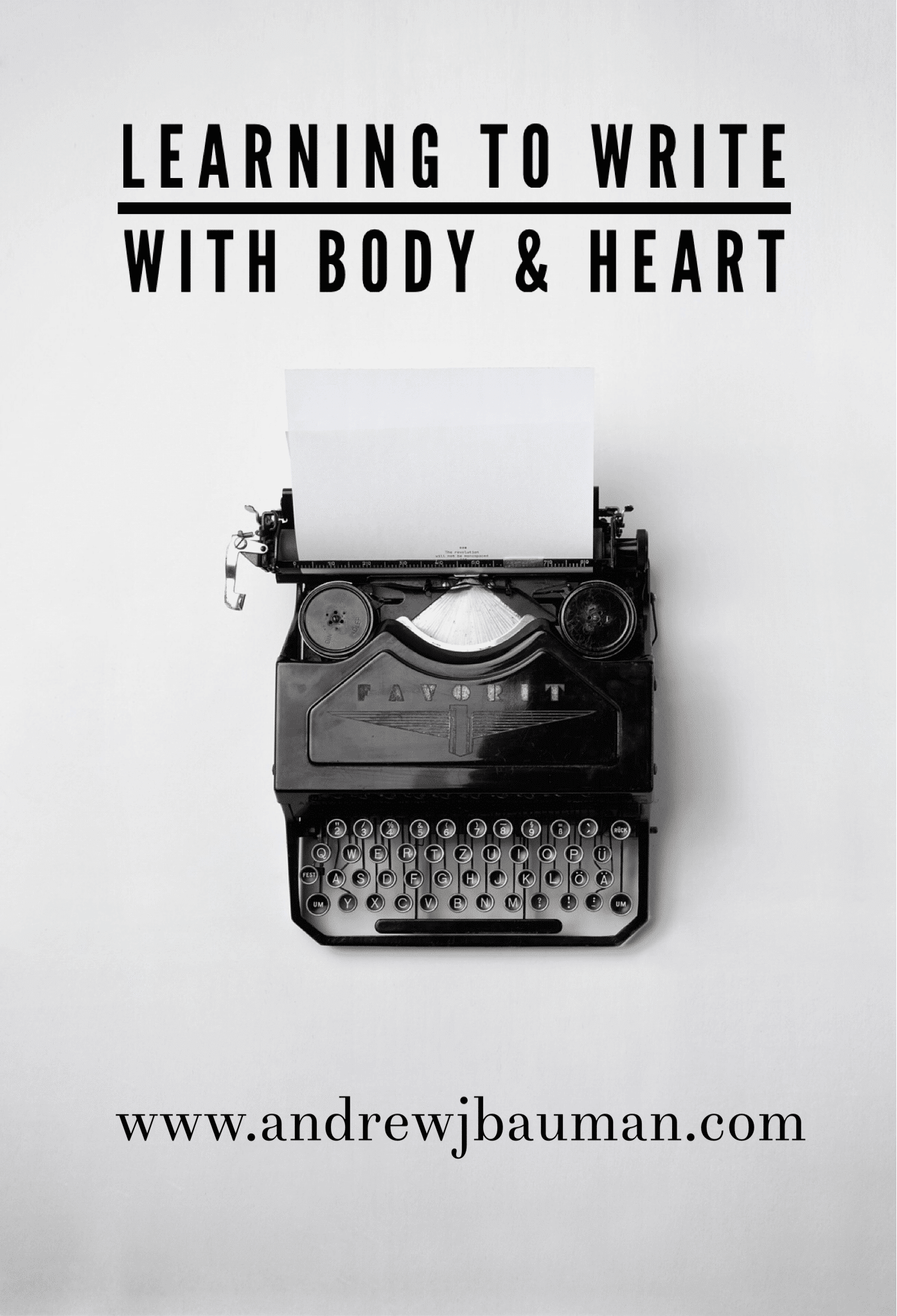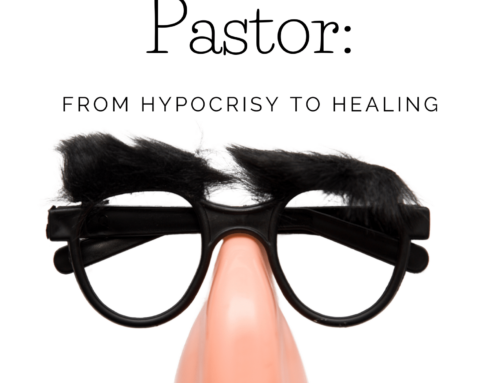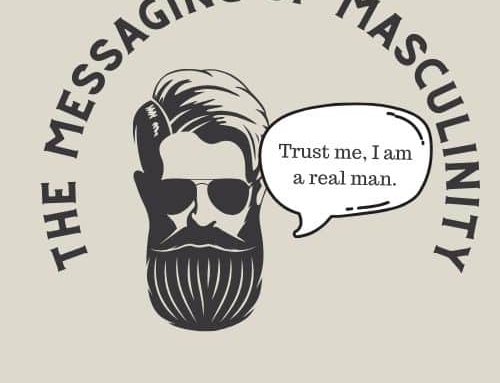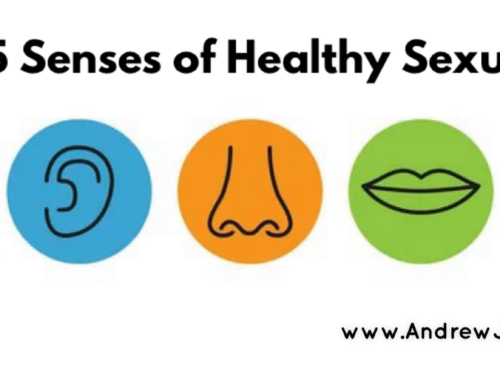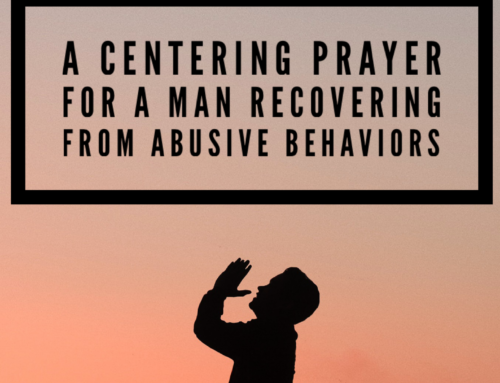I am often asked about the writing process: how did I become a “real” author? Despite having published several books, at times I still don’t feel like a “real” author, and I don’t know if I ever will. I suspect that my feeling of not being a “real” writer stems from a deep-seated contempt within me, which attempts to minimize any success that I’ve had. From the first drafts to fine-tuning, landing a book deal or self-publishing, here I will address some of these common questions and discuss my process in-depth.
The Process:
Learning how to write with body & heart is similar to learning how to live, or better yet, learning how to die. It’s an impossible task to teach. This endeavor must be suffered into, over time.
I don’t remember learning to walk or talk, but I imagine I fell often, and the jibber-jabber of my infant words probably made little to no sense. This is what it looks like to begin the writing process.
I remember my first discovery of a hand-written poem, somewhere around the fifth grade. I was snooping through my brother’s room in the basement and found a love letter he wrote to his girlfriend, Daina. I was awestruck. It was a beautiful piece. In my first act of plagiarism, I sent my brother’s poem to my fifth grade girlfriend, Carrie (sorry, Bro). I remember eventually trying to make it my own, playing with the words, practicing mixing and matching, trying to make the language fit into what my heart wanted to express. This was the beginning for me, the start of a journey to find the words that would make sense of my life, and this process continues today. Writing is sense-making.
The most helpful and non-sexy advice I can give you about learning to write with full body and heart is to practice. Boring, I know, but, unfortunately, repetition is vital to this process.
You.
Must.
Practice.
Practice.
Practice.
As Anne Lamott writes in her fabulous book on the writing process, Bird by Bird, “Almost all good writing begins with terrible first efforts. You need to start somewhere. Start by getting something—anything—down on paper. What I’ve learned to do when I sit down to work on a shitty first draft is to quiet the voices in my head.”
Seldom do we allow ourselves to write that “shitty first draft”. Even the thought of screwing anything up makes my armpits sweat. What if so-called “screwing up” is a prerequisite to our writing success? Why do we think we should have mastery of the written word and perfect articulation right from the get-go? Our expectations of ourselves are often unreasonable and not quite human. The truth is I write and rewrite, and nearly everything I write is pretty mediocre the first time around.
If we are willing, the writing process can be one of divine therapeutic exposure. If our hearts are open to being transformed, God will show up in the pages written with our own blood. Our struggles with perfectionism and self-contempt will be exposed, and healing will be offered. Our ability to write is deeply connected to our own ability to take care of ourselves and develop a relationship of kindness toward our vulnerabilities.
As I approach the blank page, I prepare for a bloody, messy endeavor. I must attempt to enter my body and take my heart out of my chest, to reach into myself–so deeply into that darkness that bleeding out is a possible outcome. To be a writer, you must be a little quirky and a bit mad.
Who desires open heart surgery?
Who longs to be cut open again and again?
To bleed?
It is these people who desire to be whole.
Yes, these people who have the courage to seek the shadow places of their soul. Those valiant few who will stand toe to toe with silence. Those who see their nakedness and embrace it rather than cover it. We must learn to write with full body and heart alignment.
I have found that the most rewarding adventures in life are the ones that require the most effort to attain. Whether it be marriage or therapy, becoming a great athlete or a good man, becoming a good writer is the same, and yet, it is unique.
Being a writer means learning to access shame, anguish, heartache that may you have hidden from yourself for years, and learning to put in down on paper. It means reading and rereading, effectively reliving and re-enacting your tragedies. There is no such thing as a cowardly writer.
Becoming a writer requires composing with your own blood.
Being a writer is like nothing else I have ever attempted. It not only serves as scalpel that cuts, but as bandage that heals. It exposes and covers, simultaneously tears and molds, shatters and rebuilds, it breaks the hardened heart into something malleable and transformative.
The Bible says, “In the beginning was the Word, and the Word was with God, and the Word was God.” (John 1:1 NIV) I wonder if this means that God will be most discovered in our words; in our bleeding and our healing? I certainly have come to know God more intimately known through words than probably any other place in my life.
Editing:
After you read and reread, it is best to have a team approach to editing. My copy editor helps with all my blogs and books. With my most recent book, Stumbling Toward Wholeness, I had my copy editor, a developmental editor, and another editor from my publishing company. I also had multiple friends and family read through it. I hate the editing process, but it is a vital step to take if you want your words to land. Hold your work loosely, as many times during the editing process much content has to go. For example, my book A Brave Lament, (which we decided to independently publish after 29 denials from every major Christian publisher), was pared down from 60,000 words to a final product of 14,000 words. Each edit felt like a severing a limb, yet I knew we needed to have an easily digestible book that could help accompany folks through grief, not overwhelm them with more grief.
Publishing:
In the world of book publishing, I have done it all. In 2013, my wife and I had a writing agent when we were first trying to publish A Brave Lament. Publishers loved the writing, but at the end of the day, they said, “Grief doesn’t sell.” In 2015, I got a book deal from Navpress for my book Stumbling Toward Wholeness (STW), after attending a meeting with Navpress and several others members of the Allender Center in an effort to carry on Dr. Dan Allender’s work. We had all been invited to submit proposals for publication. This was a very rare opportunity to be directly connected to large Christian publisher. Because of my relationship with Dr. Allender, I was given this opportunity. Still, with this invitation, out of over a 1,000 submissions each year, Navpress only accepts around 15 for publication. There are other publishers that accept more books, but Navpress prides themselves on being a selective boutique of quality content rather than mass production. Given that reality, my other two works, A Brave Lament and The Psychology of Porn, were denied and did not garner any interest, so I decided to self-publish them. For these two projects, I knew I needed a solid short porn resource for my clients, and as we were working on the A Brave Lament film, we needed to rush to finish the book so it could accompany it as a grief resource. The benefit of independently publishing is that it can happen quickly and tap into a platform that is already built.
There are many pros and cons to each publishing platform. STW will have a far larger reach and will sell many more copies than my other books (hopefully around 10K in the first year), yet, after three years of writing, I only own 16% of that book. I own 60% of my independently published books through the Amazon KDP platform, yet I would be lucky to sell 300 copies this year. You have to decide what works best for your particular needs. Try submitting to a variety of publishers, but know that your chances of a deal are slim unless you have a massive platform and tons of followers, or have relationships with people in the business. The benefit of having a writing agent is that they get publishers’ eyes onto your work, but they will also take about 50% of your already small percentage of ownership.
Moving Forward:
Instead of worrying much about getting published, focus on the craft. Dedicate yourself to creating space to write, writing regularly, and common life rhythms of content creating. Step into the courageous space of vulnerability; whether it’s for public consumption, such as a blog, or just a private journal–write, write, write. Over time, you will find your voice more clearly and discover who you are as a writer.
